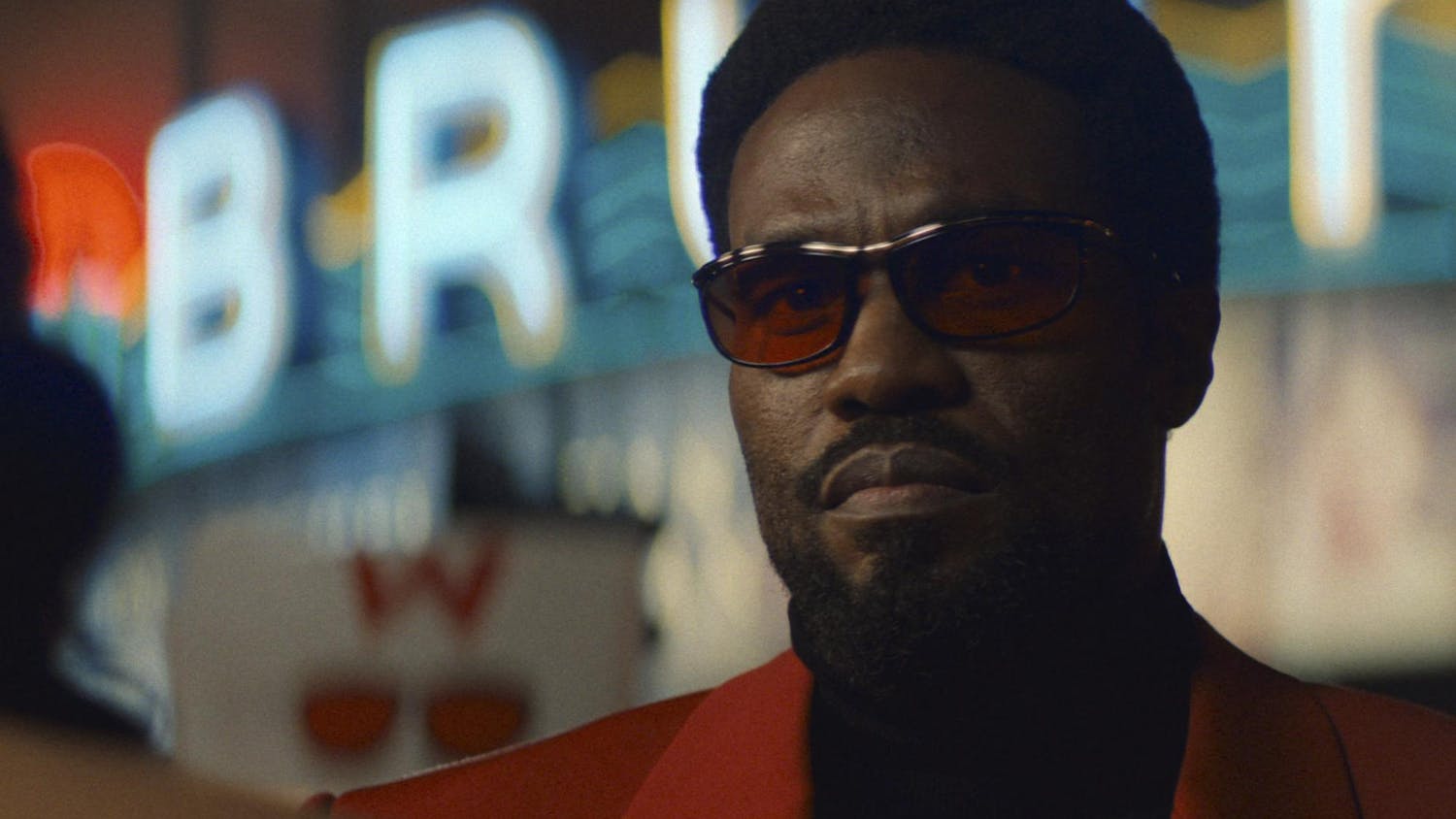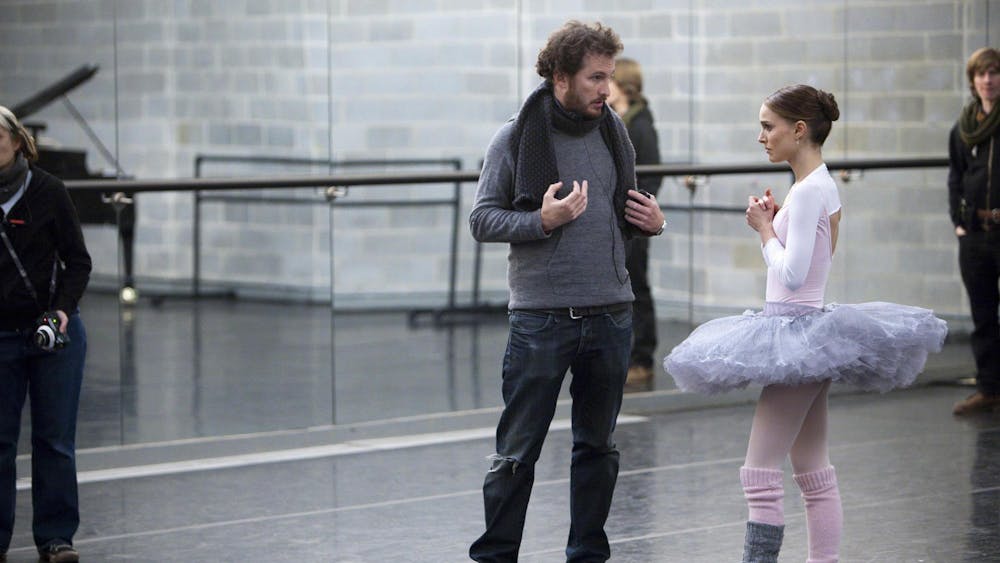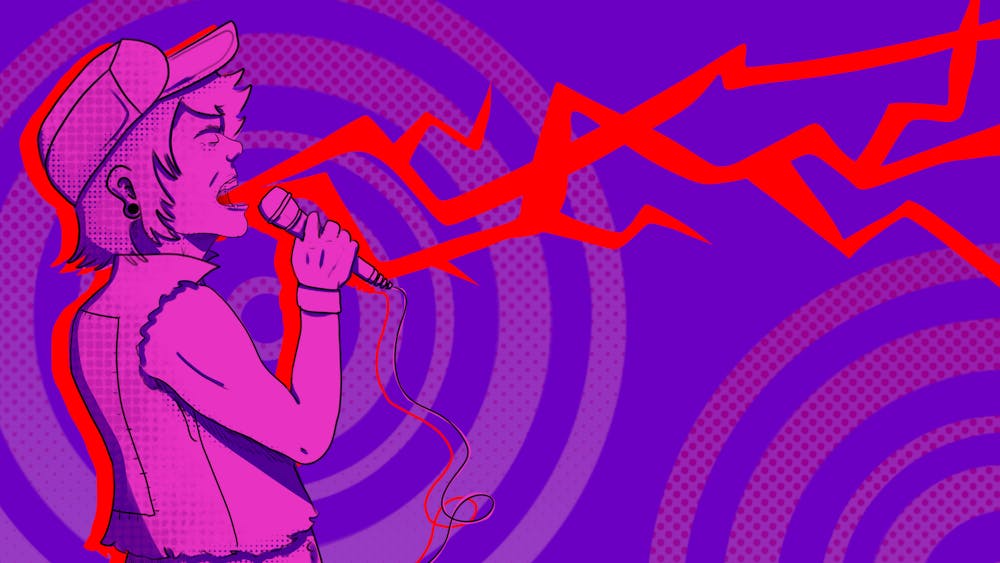If there was anything positive to be taken from last weekend’s Orlando terror attacks, one need not look further than the outpouring of support for the victims’ families and the United States’ LGBT community.
Landmarks from the IU Auditorium to the Eiffel Tower were illuminated with rainbow colors in a display of solidarity.
As we try to make sense of the tragedy and fathom what could possibly cause such hatred to motivate someone to carry out a crime so heinous, some place blame with lax immigration policy, the legality of assault weapons or President Obama himself.
As is the case with nearly every story broken by the mainstream media, there are conspiracy theorists.
Conspiracy theories are a divisive issue on which many people gravitate to extreme ends of the spectrum and few hold moderate views. Proponents label deniers submissive “sheeple” while opponents see conspiracists’ skepticism as a form of disrespect.
Orlando is no different than Sandy Hook, 9/11 or Paris in that people, in surprisingly high numbers, have concluded the attack was conducted or made possible by some clandestine force.
Popular Orlando theories posit there were multiple gunmen present at Pulse nightclub and one man was blocking exit doors.
While law enforcement officials have reiterated there was a lone gunman, the Washington Post reported they have not yet provided thorough evidence to debunk these claims.
With time, evidence and eyewitness accounts will crop up to support or deny the Orlando theories. In the meantime, before condemning or accepting the idea of a conspiracy theory, we must analyze what leads people to propagate such ideas and what they hope to achieve.
Dutch social psychologist Jan-Willem van Prooijen has found that, when faced with uncertainty in an event or a lack of substantial proof, people turn to conspiracy theories. “The sense-making leads them to connect dots that aren’t necessarily connected in reality,” van Prooijen said to TIME.
Though many theories are little more than a mechanism used to cope with things scary and unknown, history suggests that we would be unwise to write off all conspiracy theorists as heretics.
Between the FBI’s COINTELPRO initiative, in which the bureau blackmailed Martin Luther King, Jr., with a tape implicating him in an extramarital affair, and the Watergate scandal, it’s clear governments can and do have agendas that extend beyond the boundaries of law.
At the same time, it’s tough to make a rational argument the government would commit an atrocity like 9/11. These theories have been debunked time and time again, yet people cling to them and have demonstrations at Ground Zero.
It is natural to grasp for coping mechanisms in the face of such shocking actions. However, it is also important to remember while some cases turn out to be true, it is in no way the norm, and no proof has surfaced to give credence to conspiracy theories about the tragedy in Orlando.
Conspiracy theories are a polarizing topic. The bottom line is that the truth lies not at the extremes, but in the middle.
Skepticism is a good thing and we are doing ourselves a great injustice in blindly accepting facts without considering alternative viewpoints. But we must also be able to recognize when a conspiracy theory is just a means of comforting ourselves in the face of the unknown.
dkilcull@umail.iu.edu
@daniel_kilc





